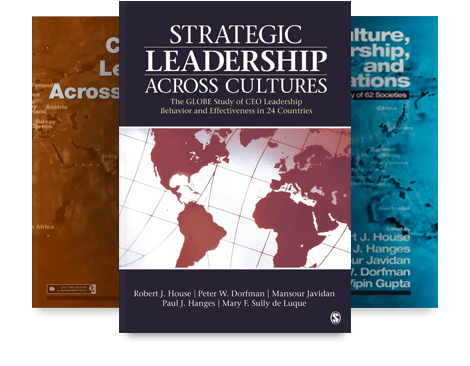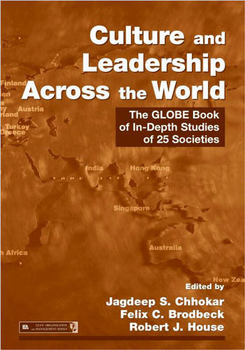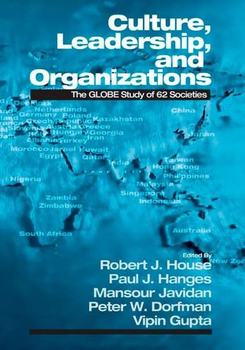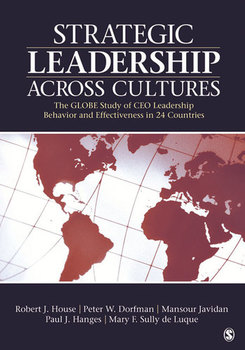Southern Asia
India, Indonesia, Iran, Malaysia, Philippines, Thailand
The GLOBE Southern Asia cluster is comprised of India, Indonesia, Iran, Malaysia, the Philippines, and Thailand. The societies belonging to this cluster have a very distinct cultural practice profile, reflecting high cultural practice scores on the dimensions of In-Group Collectivism, Power Distance, and Humane Orientation. The high In-Group collectivism scores suggest that they are highly group and family-oriented taking pride in their families and organizations. High Power Distance indicates that power is not expected to be distributed equally among citizens, and the community accepts and endorses authority, power differentials, status privileges, and social inequality. High Humane Orientation reflects encouragement and reward for individuals who are fair, generous, and caring to others. The cluster is characterized by relatively low scores on Gender Egalitarianism. Thus this cluster is, in general, highly family and group-oriented, humane, male-dominated, and hierarchical. The other societal culture dimensions including Performance Orientation, Future Orientation, Uncertainty Avoidance, and Institutional Collectivism are rated in the middle range. Assertiveness is also in the middle range but slightly lower than other clusters.
As for societal values (what the society believes should be), this cluster is quite different from its present cultural practices. It desires much higher levels of Performance Orientation and Future Orientation. It desires to remain high with respect to In-Group Collectivism. The societies in the cluster desire a much lower level of Power Distance, but more rules and procedures to reduce the uncertainty of future events (i.e., desire higher Uncertainty Avoidance). Similar to many other clusters with high levels of In-Group Collectivism, they wish to maintain the same high level of In-Group Collectivism, and in addition to increase the level of Institutional Collectivism (encouraging and rewarding collective distribution of resources). In comparing the societal practices and values, as a whole, the societies in this cluster prefer to be more assertive, and future and performance-oriented. They also desire a lower level of power differentiation, meaning that power should be distributed more evenly, as opposed to being concentrated at higher levels in the society. Moreover, these societies desire greater levels of established norms and bureaucratic practices to avoid uncertainty in future events, and also desire a lower level of male domination and gender role differences.
In the Southern Asia cluster, leadership dimensions viewed as contributing the most to outstanding leadership include Charismatic/Value-Based and Team-Oriented Leadership. This means that they desire leaders who are visionary and inspirational, possess high levels of integrity, and are willing to make personal sacrifices. They also should be able to engage in successful building of teams by using their administrative and interpersonal skills to create cohesive working groups. In short, they believe that performance-oriented and team-building leaders are most effective. While Participative Leadership is viewed positively, it is among the lowest scoring clusters for this leadership dimension. Humane-Oriented leadership is also viewed positively, and in fact is the highest scoring cluster for this leadership dimension. Self-Protective Leadership is viewed as having no impact on outstanding leadership, but is actually the highest of all GLOBE clusters on this leadership dimension—most other clusters believe it impedes outstanding leadership. These characteristics are consistent with the cluster's prominent family and group orientation and high power distance. Overall, the profile of an outstanding Southern Asia leader would be someone who possesses charismatic, team-oriented, and humane-oriented leadership attributes. Such a leader would also be relatively high on self-protective behaviors, but would not be noted for high levels of participative leadership.
Culture Visualization
Leadership Visualization
GLOBE Books
The GLOBE books represent results from a twenty-year research program investigating the influence of culture on societal and organizational effectiveness. Our latest book showcases our examination of strategic leadership effectiveness for top-level management based on data from more than 1,000 CEOs and over 6,000 top-level managers in 24 countries.
View



